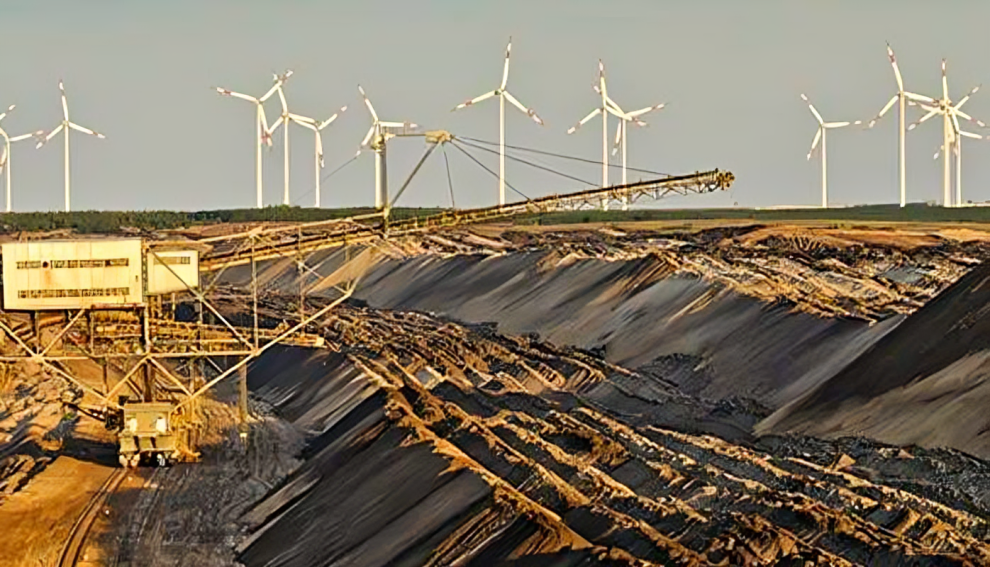KEY POINTS
- U.S. mining companies can now access clean energy tax credits.
- The credit applies to companies involved in both mining and processing.
- Critics argue the new rule limits benefits for standalone mining operations.
The U.S. Treasury Department has announced a significant change to its clean energy tax credit, now allowing mining companies to access financial incentives aimed at increasing American production of critical minerals like lithium and cobalt.
This policy shift follows months of pressure from the mining industry and key political figures, reflecting a broader effort to reduce reliance on foreign mineral imports.
Expanding tax credit eligibility
U.S. mining firms that also process the minerals they extract are now eligible for a 10 percent production credit under the updated 45X tax credit regulations.
Key parts used in the manufacturing of sustainable energy technology, like solar panels and lithium-ion batteries, are eligible for the credit. In the past, eligibility was limited to businesses who processed certain minerals.
According to Treasury officials, the modification is intended to help both the extraction and processing stages and was made in response to stakeholder comments.
Deputy Treasury Secretary Wally Adeyemo stated, “The Biden-Harris administration recognizes the significance of securing critical minerals to ensure the development of clean energy supply chains.”
It is anticipated that the rule change will increase the profitability of current mining operations and stimulate more investment.
Challenges in U.S. mining sector
However, the updated credit is still limited to companies that both mine and process minerals. For example, nickel mining projects may not qualify due to the lack of domestic nickel smelters.
The National Mining Association expressed concern that this restriction could prevent many essential projects from benefiting from the credit as initially intended.
Despite these limitations, companies like Sibanye Stillwater, which mines and processes palladium in Montana, are poised to benefit from the expanded tax credit.
According to Reuters, the change could help them offset competition from countries like Russia, which has historically dominated the palladium market.
A step toward mineral security
Ali Zaidi, the White House national climate adviser, noted that the tax credit would be a “game changer” for U.S. efforts to secure a reliable supply of critical minerals.
The credits will remain available for clean energy components until 2032, while those for critical minerals will not phase out, offering long-term incentives for the sector.
As U.S. lawmakers continue to push for stronger domestic production, the rule change highlights the administration’s commitment to tackling climate change through enhanced energy security.



